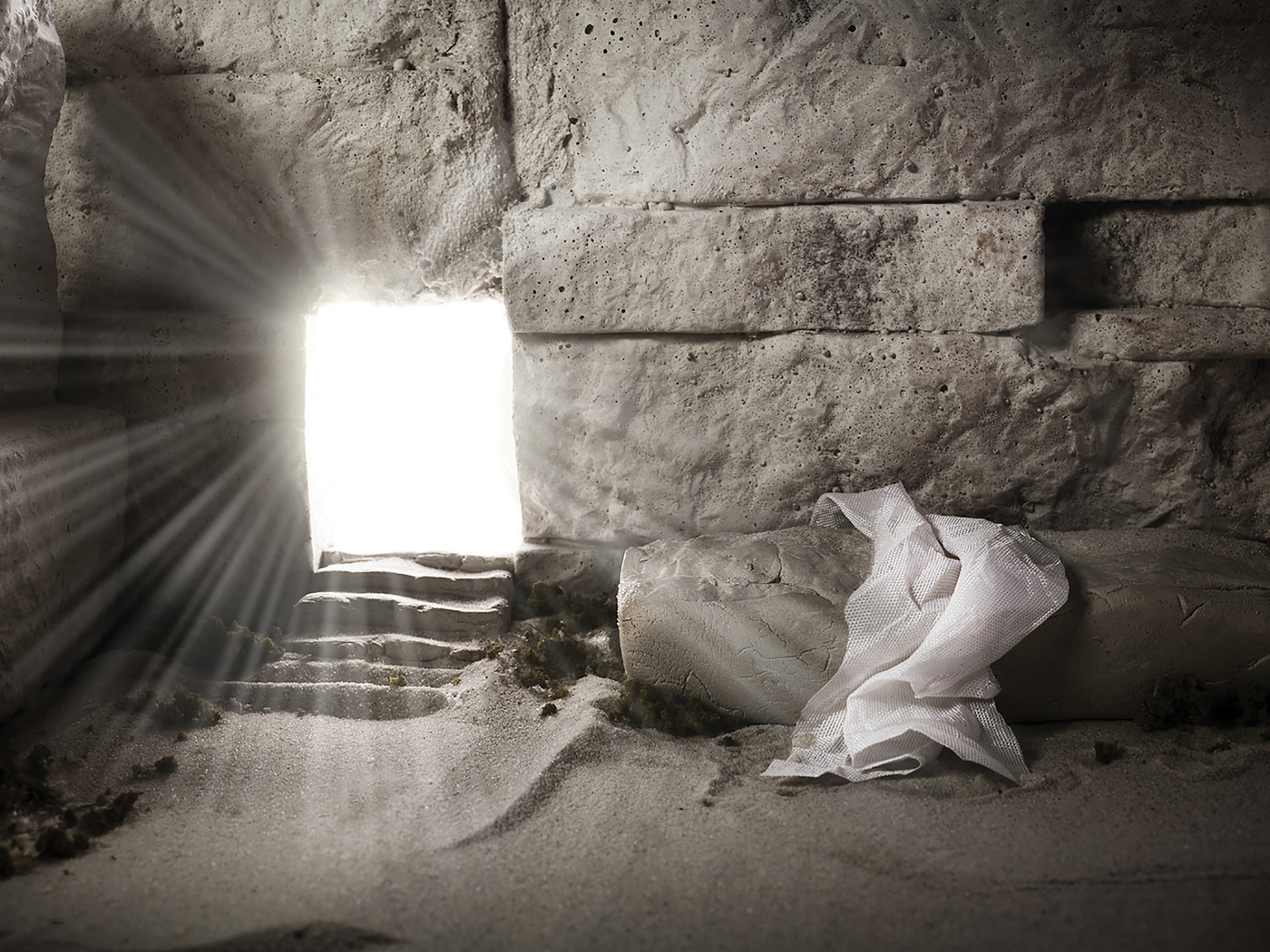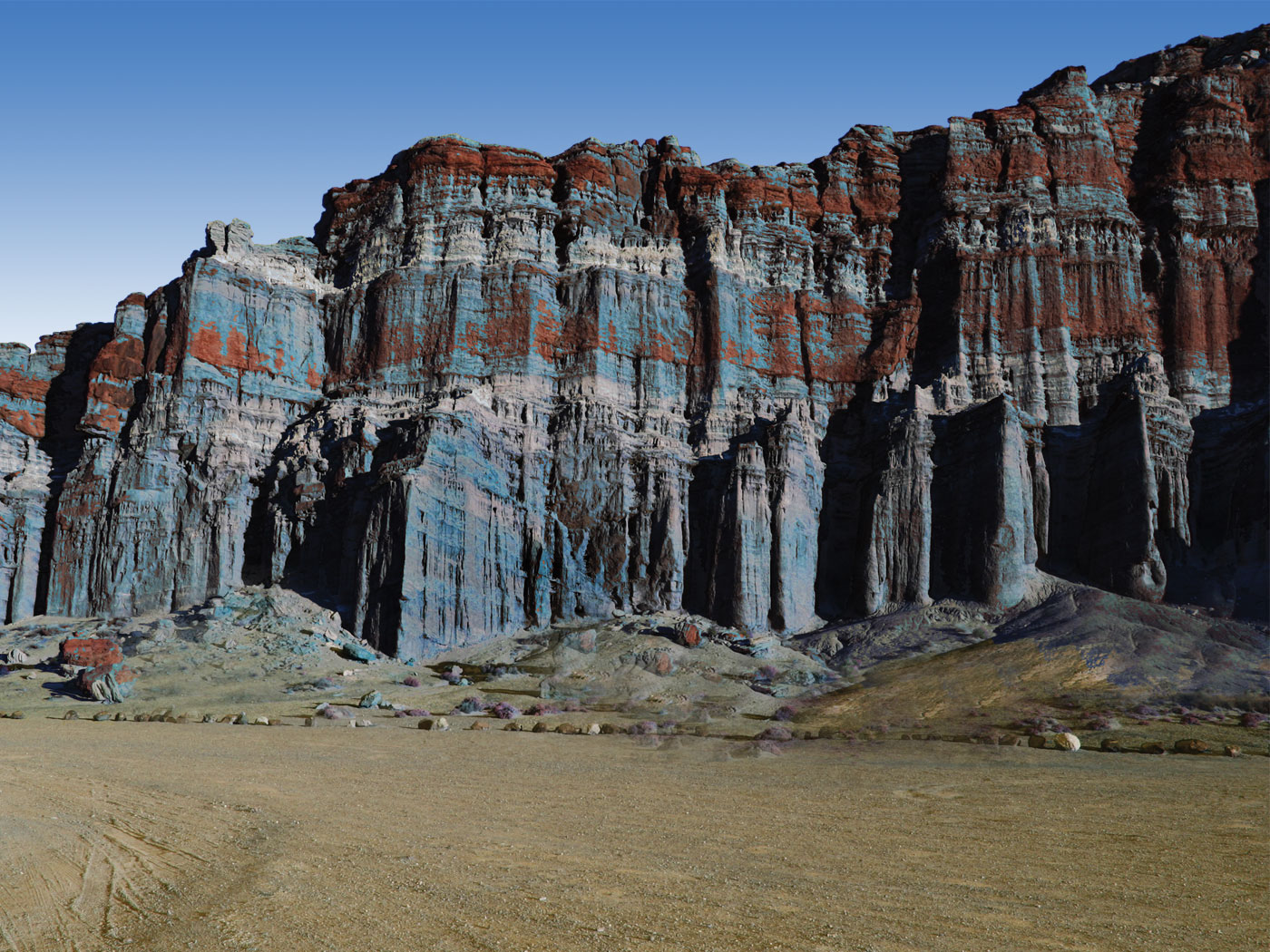Search Tools
New Defender's Study Bible Notes
17:3 his daughters. See Numbers 27:1-7 and 36:1-12 for the Mosaic authorization of this action.
17:13 Canaanites to tribute. As the Ephraimites had done (Joshua 16:10), the children of Manasseh put the Canaanites to tribute, thus enriching themselves, but did not drive them out of the land, as God had commanded. Many of the other tribes did the same, and this became a snare to them later.
18:1 Shiloh. Shiloh was a town in the territory assigned to Ephraim, which was Joshua’s tribe (Numbers 13:8). This became both the political and religious center of Israel during its early years in the land. Since the name essentially means “rest,” and had been applied by Jacob as a name of the promised Savior (Genesis 49:10), it seems possible that its name was given by Joshua, who thought it would be an appropriate location for the tabernacle. There is no obvious connection with the Shiloh of Jacob’s prophecy, unless the town was named in reference to this Messianic prophecy.
18:1 tabernacle. The tabernacle had been carried from place to place during the forty-year wilderness wanderings. It had remained with the camp at Gilgal until Joshua moved it to Shiloh. It remained at Shiloh all during the period of the judges, until Shiloh was finally overthrown by the Philistines in the days of Eli, and the Ark of the Covenant carried away (I Samuel 4:10,11).









